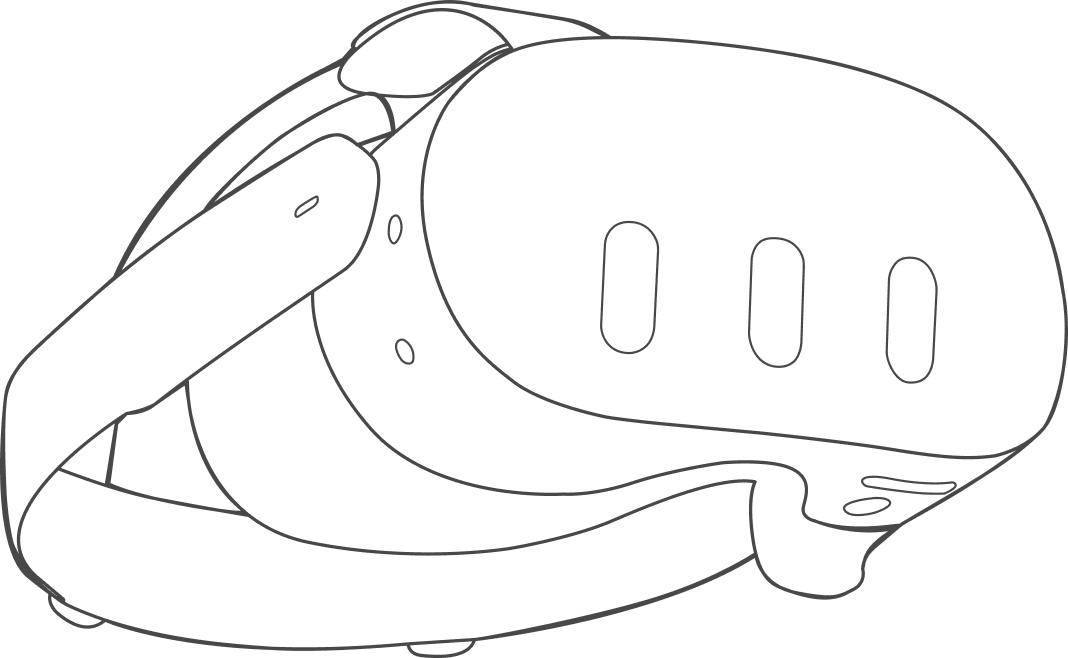
07/03/2025 5:47 pm
Reducing Spatial Disorientation through VR Experiences
Summary
Spatial disorientation is a common issue in dementia, leading to confusion and increased risk of falls. Reverie VR offers virtual reality experiences designed to mitigate spatial disorientation and enhance safety.
Understanding Spatial Disorientation in Dementia
Patients with dementia often experience difficulties in spatial awareness, making navigation and orientation challenging.This can result in anxiety and accidents.
How VR Addresses Spatial Disorientation
Reverie VR provides controlled environments to improve spatial orientation:
Virtual Navigation: Safe exploration of virtual spaces can enhance spatial awareness.
Repetitive Exposure: Repeated VR sessions can reinforce orientation skills.
Customised Scenarios: Tailored environments that mimic real-life settings can aid in familiarisation.
Scientific Evidence Supporting VR for Spatial Orientation
Research indicates VR's effectiveness in improving spatial skills:
Cyberpsychology, Behaviour, and Social Networking (2019): VR training improved spatial navigation abilities in older adults.
Journal of Neuroengineering and Rehabilitation (2020): The study demonstrated enhanced spatial orientation through VR interventions.
Frontiers in Psychology (2021): Findings showed VR could reduce spatial disorientation in dementia patients.
Explore how Reverie VR can assist in reducing spatial disorientation for dementia patients.
Contact us today for more information.

07/03/2025 3:36 pm
Managing Memory Loss with Gentle Visual Cues from Reverie VR
Memory loss is a hallmark symptom of dementia, affecting personal identity and daily functioning. Reverie VR utilises gentle visual cues to aid memory recall and provide comfort to individuals with dementia.



Get in touch & book a demo
For more information or to arrange a free demo please get in touch by pressing the button below.
